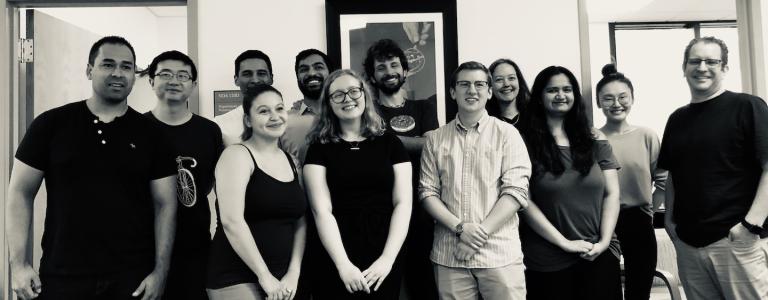

Our lab focuses on understanding the cellular and circuit mechanisms for behavioral learning, learning from social experiences and from example.
Song learning in juvenile songbirds has proven to be a powerful model for studying behavioral learning because birdsong is a precise, stereotyped and quantifiable behavior that is learned through imitation during a developmental sensitive period, much in the same way that humans learn speech and cultural norms. Young songbirds listen to and memorize the song of their parent or nearby adult and use this memory to guide vocal imitation. This sequence of memory formation followed by vocal matching is important because it means that by controlling a juvenile songbird’s access to an adult song model (tutor), we can control what is learned and when it is learned.
Our research seeks to identify general mechanisms and principles for how brain circuits learn from experience and how neurodevelopmental disorders that are known to impede speech and social development in children derail this learning process. Specifically, we are interested in identifying the neural circuit mechanisms engaged as juvenile songbirds learn from auditory experience, including auditory experience of their tutor’s song and from vocal rehearsal. Additionally, we seek to examine how learning from auditory experience leads to long-term changes to synapses in the brain and how these changes underlie changes to the functional architecture of brain circuits.